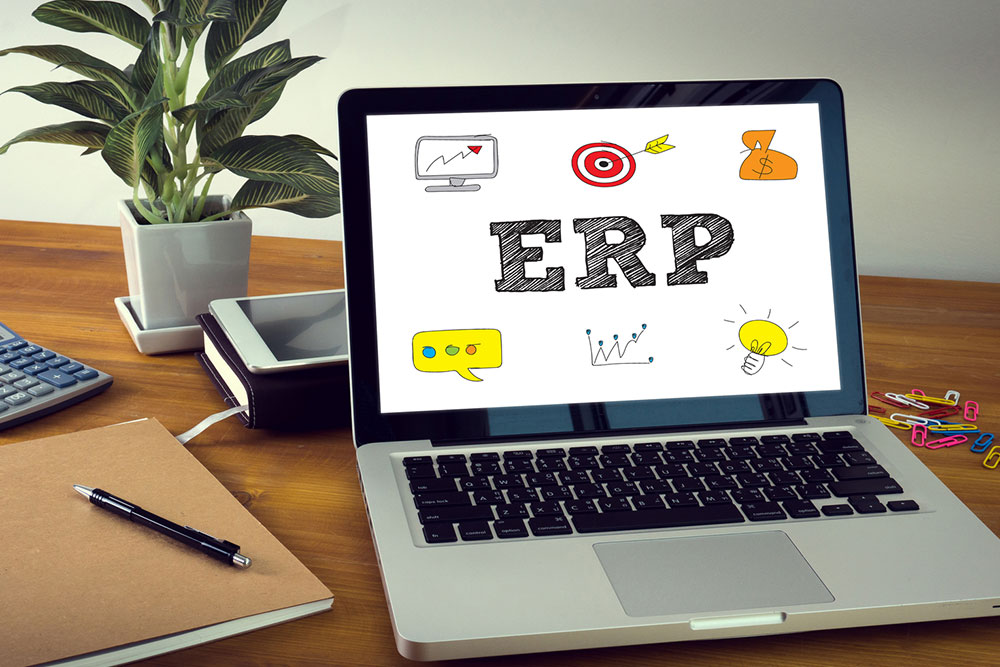8 benefits of ERP systems for businesses

A new business might require assistance managing the fresh venture, while an established one may want to increase productivity and reach. In both situations, using an enterprise resource planning (ERP) system can help. ERP is a tool that acts as a primary database for the entire organization, also helping it improve productivity and lower costs across its spectrum. However, before investing in an ERP system, one should know exactly how it could benefit the business.
1. Improved data security
An ERP system could help protect business data by helping the business safely store all the information in one place rather than across multiple systems. In a nutshell, it can increase data security by limiting who can view and edit data. Most systems have easy-to-control permissions to ensure employees only see the information they need, which reduces the potential for fraud or other illicit activity.
2. Reduced manual work
An ERP system allows a business to automate repetitive tasks, such as order processing and inventory management. This ensures that employees do not have to spend time on time-consuming tasks and can focus on other key aspects of the business.
3. Scalability
While a business might function with limited features initially, it might require additional features as it expands. Here’s where the versatility of an ERP system comes in handy. Most ERP tools have the ability to scale across geographies, markets, and products based on business requirements. Additionally, cloud ERP offers superior speeds, security, performance, and scalability, which lets a business grow seamlessly, within the country and abroad.
4. Good customer support
When a business adopts an ERP system, it could also benefit the client base. A client’s information is streamlined and centralized, which means the sales team can build and maintain customer relationships instead of keeping spreadsheets. The ERP system offers end-to-end tracking and insight, which helps the business provide better customer interaction from marketing automation (MA) through late-phase customer service.
5. Seamless compliance
An ERP system can maintain accurate, up-to-date financial records that are also easy to access. As a result, it is easy to comply with regulations. Customizable reporting tools integrated into the software make it easier to track compliance and make adjustments when required. So, an auditor could easily find information and complete an audit without errors.
6. Remote access
An ERP system can stay connected to a cloud server and accessible on most compatible devices. So, employees and employers can access any reports they require on compatible devices from any part of the country, even if they travel internationally.
7. Enhanced flexibility
The rise in the use of smartphones and tablets over computers has driven ERP developers to make their software compatible with most devices. So, if businesses sign up for an ERP system, managers and employees can access it through the web and view reports associated with imports and exports, dashboards, and other information compatible with a mobile browser. Some developers also offer mobile apps, which offer a more intuitive experience with using the software.
8. Real-time reports
Each element of an ERP system operates on pre-written lines of code. This gives the software the ability to work extremely fast and offer reports in real time. A business head can access financial, inventory, procurement, market, and sales reports the moment data is uploaded to the system. This eliminates any delays.

